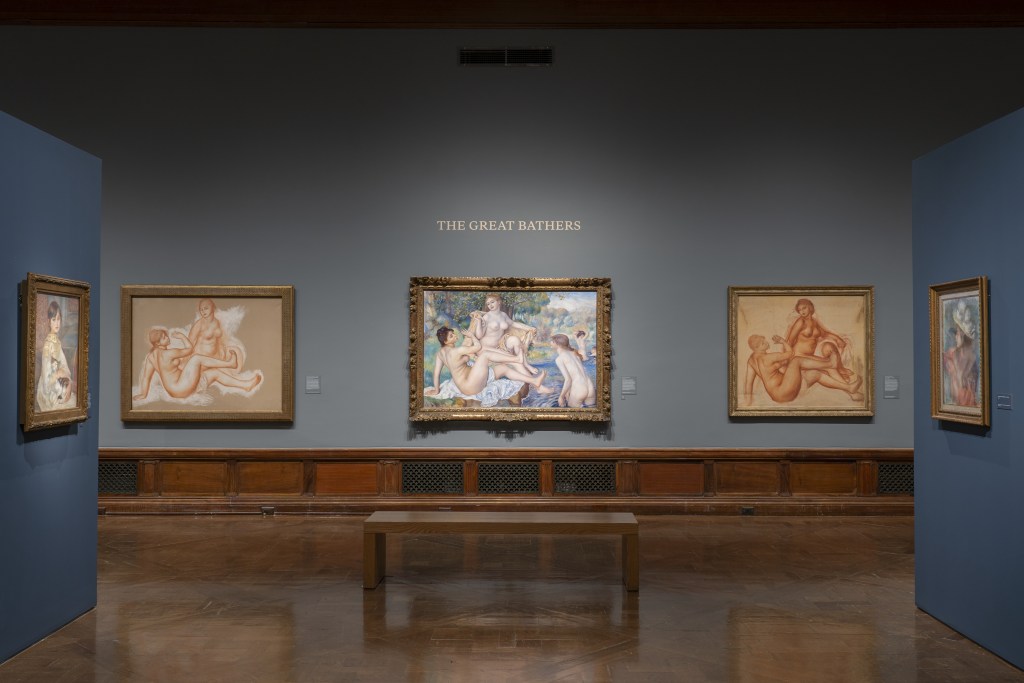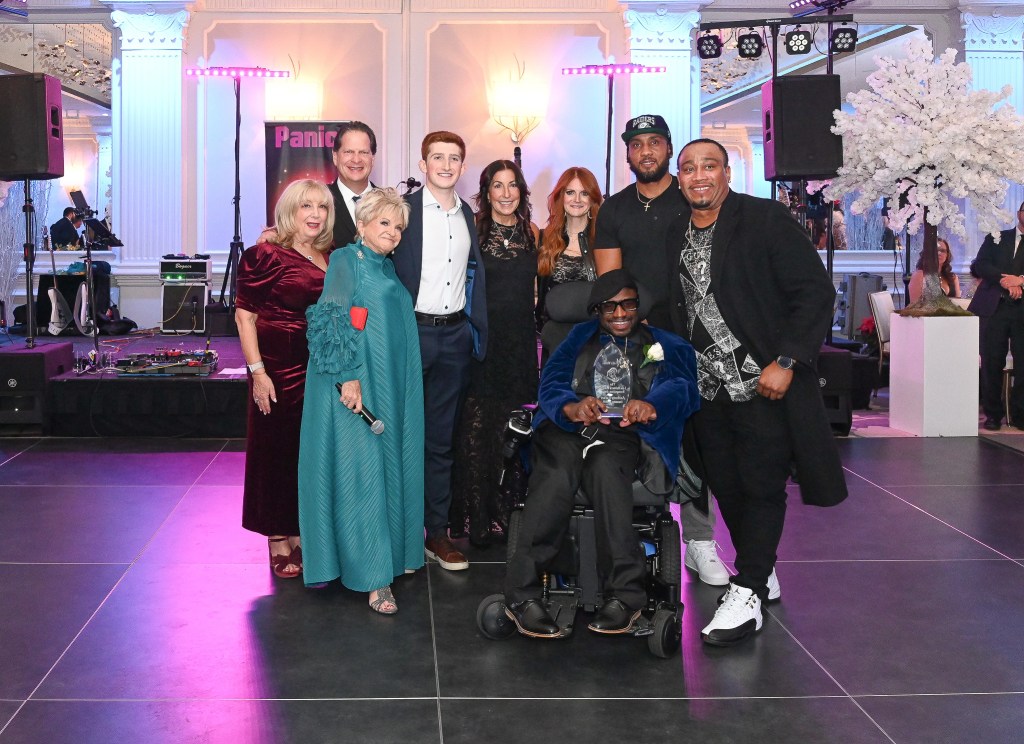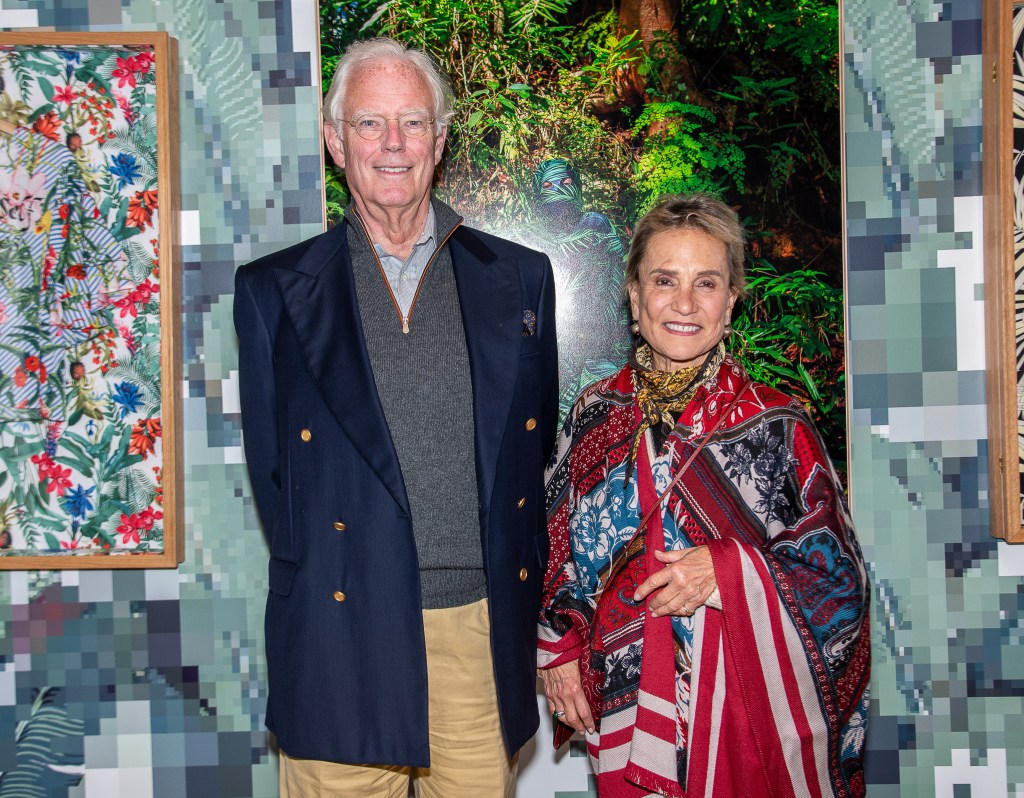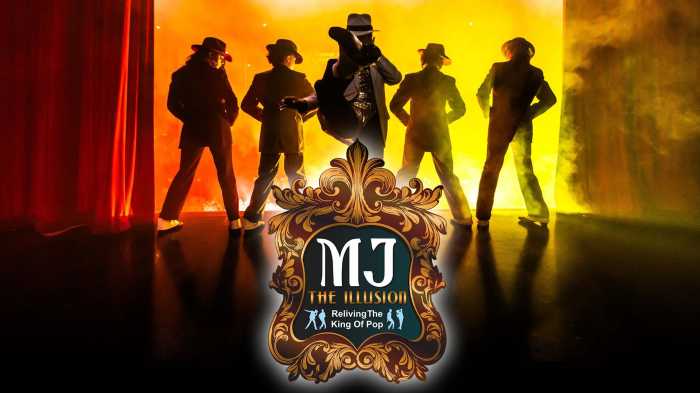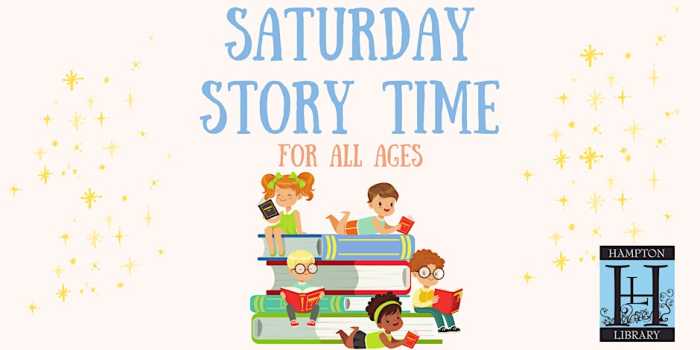Two Concerts: Live Classical Music in the Hamptons Under Threat of Storms
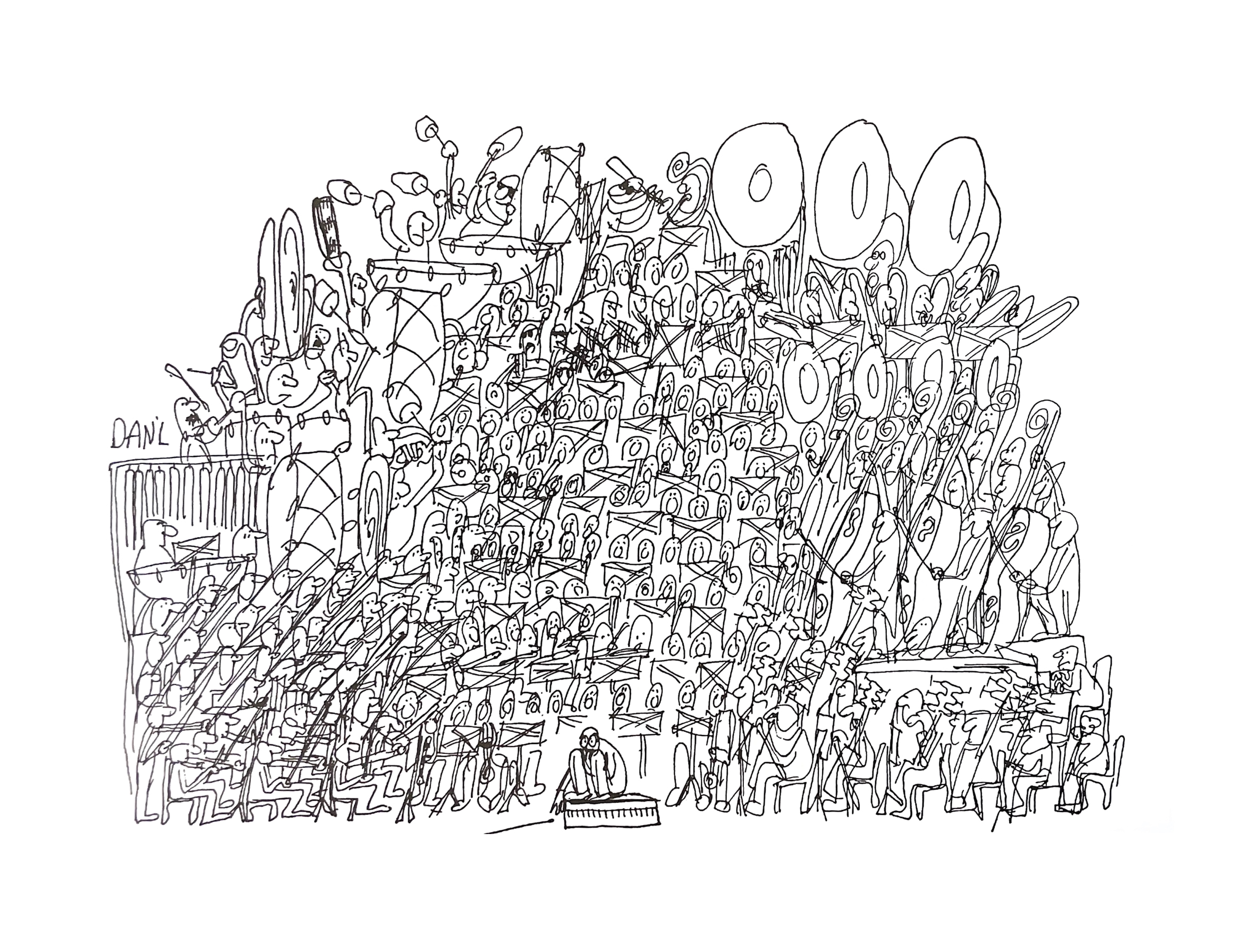
Last Tuesday and Thursday, my wife and I enjoyed live classical music concerts in the Hamptons.
One concert featured work by Sergei Prokofiev, the other, Claude Debussy. One was presented by an organization offering concerts every year since 1957, the second by an organization founded in 1973.
In each case, the music had been composed in Europe at least 100 years ago. Each organization was presenting 10 performances a year which would last about an hour each. For these evenings they’d attracted about 100 music lovers.
And finally, both concerts this week would begin at 8 p.m. during a weather alert. Storm and flood warning at the first. Storm and tornado warning at the second.
But there were many differences between the two. One, held at the magnificent Bridgehampton Presbyterian Church, charged $50 for each assigned seat. The crowd was elegant, men in jackets, women in dresses. At the other concert, attendees included couples, dogs, families and children who sat on blankets or in aluminum chairs they’d brought and set up there in the grass at Sag Harbor’s Marine Park.
They faced a portable stage filled with musicians. Beyond the stage, yachts rocked quietly in their slips. When the concert ended, volunteers would walk through the crowd carrying bell jars into which you could put a donation. A dollar, five, 10. We gave five.
Above, thunder rumbled. In the bandstand, 50 musicians anxiously sat holding flutes, drums, violins, trombones, trumpets, tubas and cymbals.
Nobody expects too much from the Sag Harbor Community Band. No competitive audition is necessary to join. You just call the people running it and tell them what instrument you play. They either have room or they don’t. Many performers are Pierson High School students. Others are retirees. A few are accomplished musicians.
The thunder continued, and the rain seemed imminent. The crowd, worried, sat expectantly. Had there now been a few drops? Conductor David Brandenburg, after some hesitation, decided the show must go on. For the moment anyway. And there was a plan. Because the musicians, seated at music stands, took up more room on the edges than the metal awning overhead could protect, Brandenburg had those playing stringed instruments, which could get ruined by rain, sit in the center, dry.
The brass and percussion, meanwhile, would sit on the sides that stuck out, perhaps getting wet.
A few umbrellas opened. The drops continued.
Peter and the Wolf would be the featured work, with local actor Josh Gladstone narrating. Warming up the audience beforehand, however, Brandenburg led the band through Nikolai Rimsky-Korsakov’s “Procession of the Nobles.” The band played badly and softly in the more difficult parts of that piece and loudly and triumphantly through the more easily managed parts. The crowd applauded.
Then the band played George Gershwin’s “Summertime!” More difficult. Not so well played. Some kids ran around. Three kids nearby climbed one of the few trees in Marine Park and sat in the branches to look down. This is what passes for the Marine Park’s box seats. And then the rain worsened. More umbrellas went up.
Brandenburg, in the center under the awning and quite dry, could not get a grasp on the rain situation. And so, he spoke to the worried wet musicians on the ends.
After which he decided.
“And now,” he said proudly, Peter and the Wolf. And so, it began with Gladstone, a founder of the acting group Hamptons Shakespeare Festival, narrating this famous children’s tale. In 20 minutes, he was at the last line, the end, raising his arms and shouting into the microphone, “… you will hear the duck quacking inside the wolf, because the wolf, in his hurry, had swallowed her alive.”
Applause. Triumph. As the crowd folded up their chairs amidst the rain, humming the tune, the volunteers came around with the money jars. What a wonderful experience. Wet clothes. Rain dripping off hats. Dogs vigorously shaking themselves. As people headed off, Brandenburg, still at the microphone, reminded everyone about next week’s concert — Peter Ilyich Tchaikovsky’s “1812 Overture,” with musket fire provided by members of the 3rd New York Regiment.
And now about Bridgehampton. Two evenings after the Sag Harbor concert, with the community under a storm and tornado warning until 8 p.m., the well-dressed concertgoers picked up their tickets from a woman seated under the church’s Greek portico columns and entered the nave, to sit on the pews with seat numbers on the cushions.
Marya Martin, the world-class flutist who founded the Bridgehampton Chamber Music Festival years ago, stood on the pulpit in front of a Steinway and thanked her husband Ken Davidson, whose encouragement made all the concerts possible. “As always, we proudly bring the world’s finest chamber musicians to Bridgehampton to share their artistry, from returning festival favorites to new faces who are sure to dazzle with their talent,” she said.
Among them was violist Tien-Hsin Cindy Wu, who’d played at the Kennedy Center, the Library of Congress, Lincoln Center and festivals around the world, also violinist Anthony Marwood, whose solo engagements include performances with the Boston Symphony, the Leipzig Gewandhaus Orchestra, the New World Symphony and the London Philharmonic. All are the acknowledged giants in their field.
They opened with DeBussy’s bustling Trio in G major for flute, cello and piano. Then came a composition by Bohuslav Martinu, Three Madrigals for Violin and Viola, and, further along, Gabriel Fauré’s Piano Quartet in C minor. The program, besides presenting the accomplishments of the performers, also contained descriptions of how the works came about as a result of the composer’s heartbreak over a broken engagement.
“In the early 1870s, Fauré met the charming and lovely Marianne Viardot while attending musical soirées at the home of her mother, the celebrated mezzo-soprano Pauline Viardot. The two engaged in a five-year courtship, and then became engaged in 1877. Just five months later, Marianne would call off the engagement, and Fauré was heartbroken. Many see the adagio movement of this work as an unleashing of his feelings … there is real pathos in this movement.”
The acoustics were wonderful. The music a joy. The compositions wafted magnificently throughout the church, played with a deftness, polish and athleticism that seemed utterly impossible. And in the end, the crowd of about a hundred stood to give the performers standing ovations and call for encores. We were among them.
Next week, Antonin Dvorak.
Outside the church on the front lawn, the steeple soared majestically 60 feet into the sky, leading the eye to a dome of stars benevolently looking down. There was no rain, no tornado. Just an evening with some angels.
Two concerts. Two audiences. One joy.
